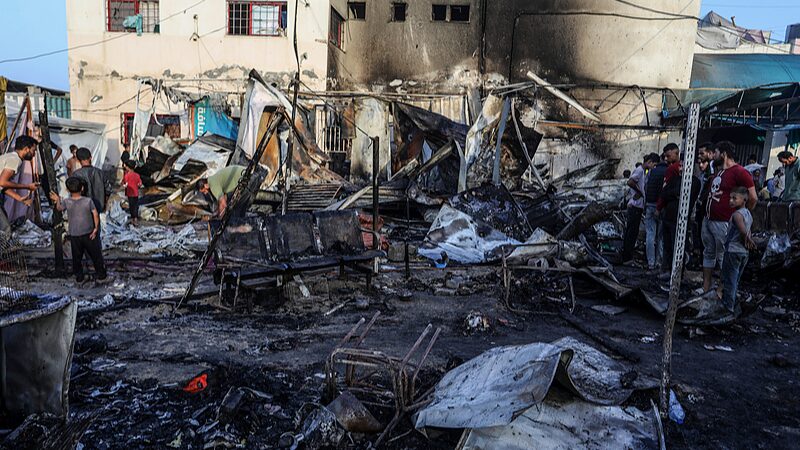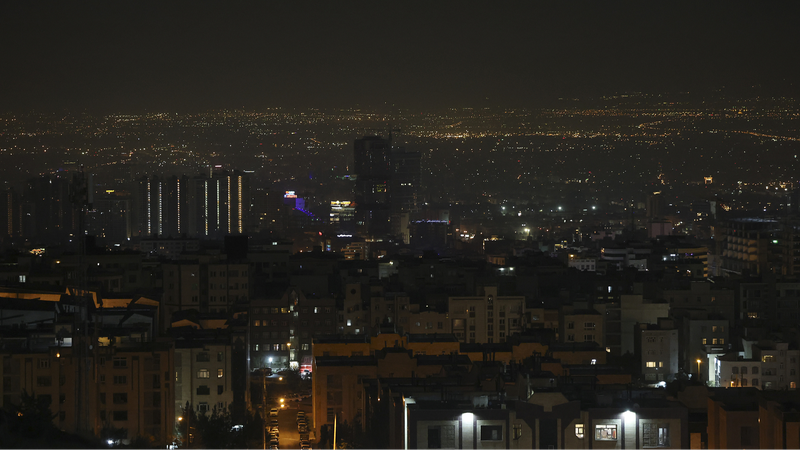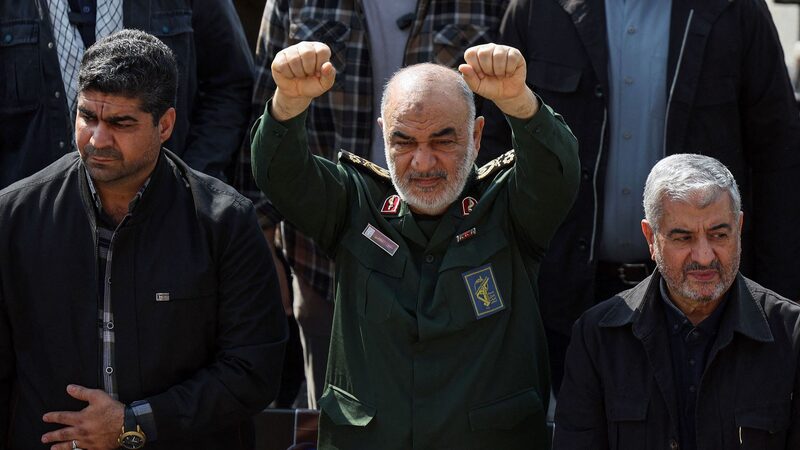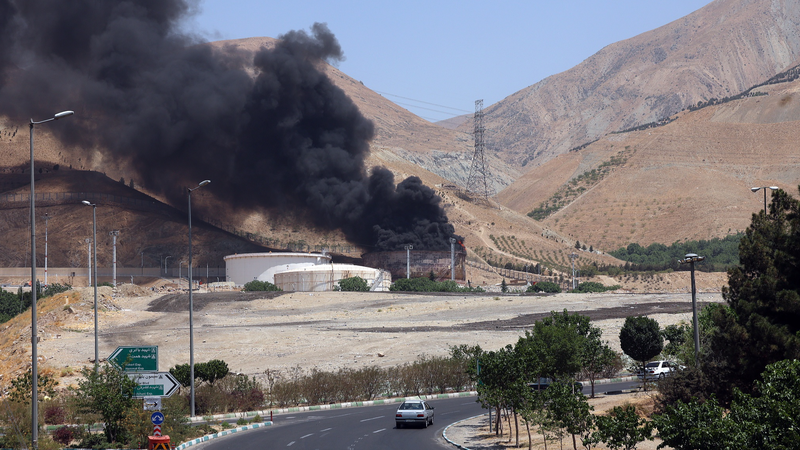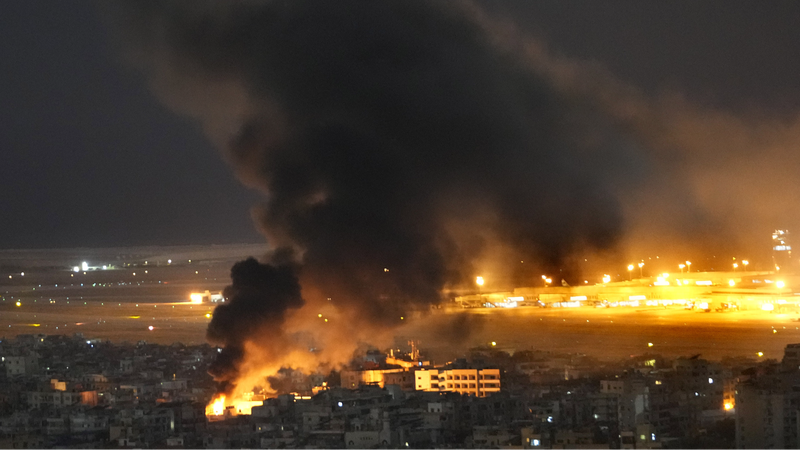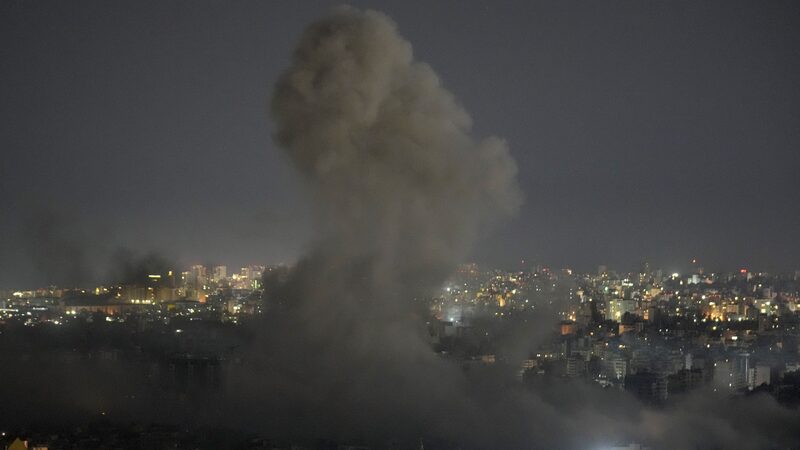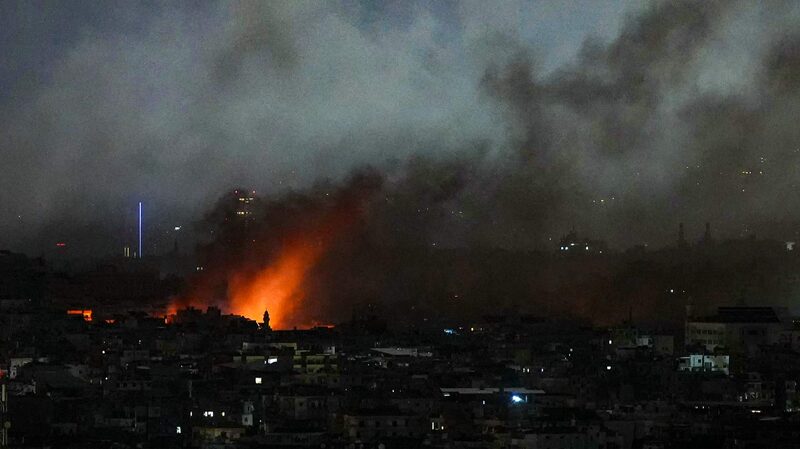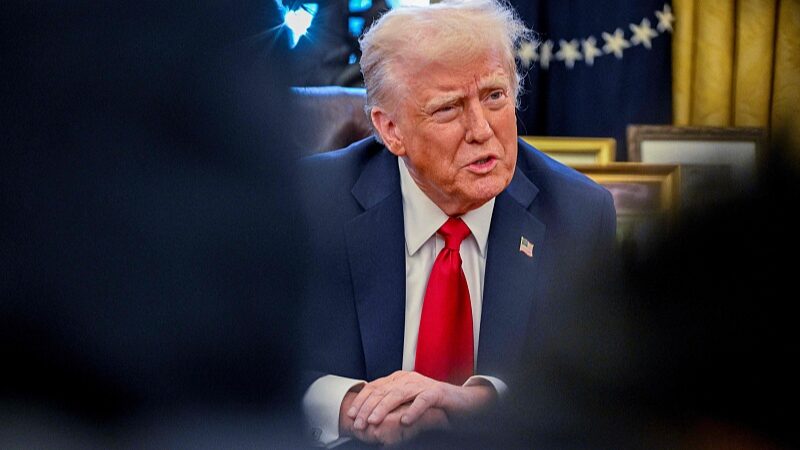The Israeli military confirmed Saturday it has conducted strikes on more than 200 locations across Iran since initiating operations Friday, marking one of the most significant escalations in recent Middle Eastern conflicts. The operations reportedly targeted military installations and strategic infrastructure, according to official statements.
Analysts suggest these strikes could reshape regional power dynamics, with immediate effects seen in global oil markets as Brent crude prices surged 3.2% following the announcement. Business leaders are closely monitoring supply chain disruptions, particularly in critical sectors like energy and shipping.
While neither side has disclosed casualty figures, the United Nations Security Council has called an emergency session to address the crisis. The developments come amid heightened tensions following recent diplomatic stalemates over Iran's nuclear program and Israel's longstanding security concerns.
For Asian markets, the conflict raises questions about energy security and inflationary pressures. Singapore-based economist Li Wei notes: "This could accelerate Southeast Asia's transition to renewable energy sources as traditional supply routes face uncertainty."
Travel advisories for the Persian Gulf region are being updated by multiple governments, with cultural festivals in Iran postponed indefinitely. The Asian diaspora community has expressed concern for relatives in affected areas, while universities across Asia report increased demand for Middle Eastern conflict analysis courses.
Reference(s):
cgtn.com

